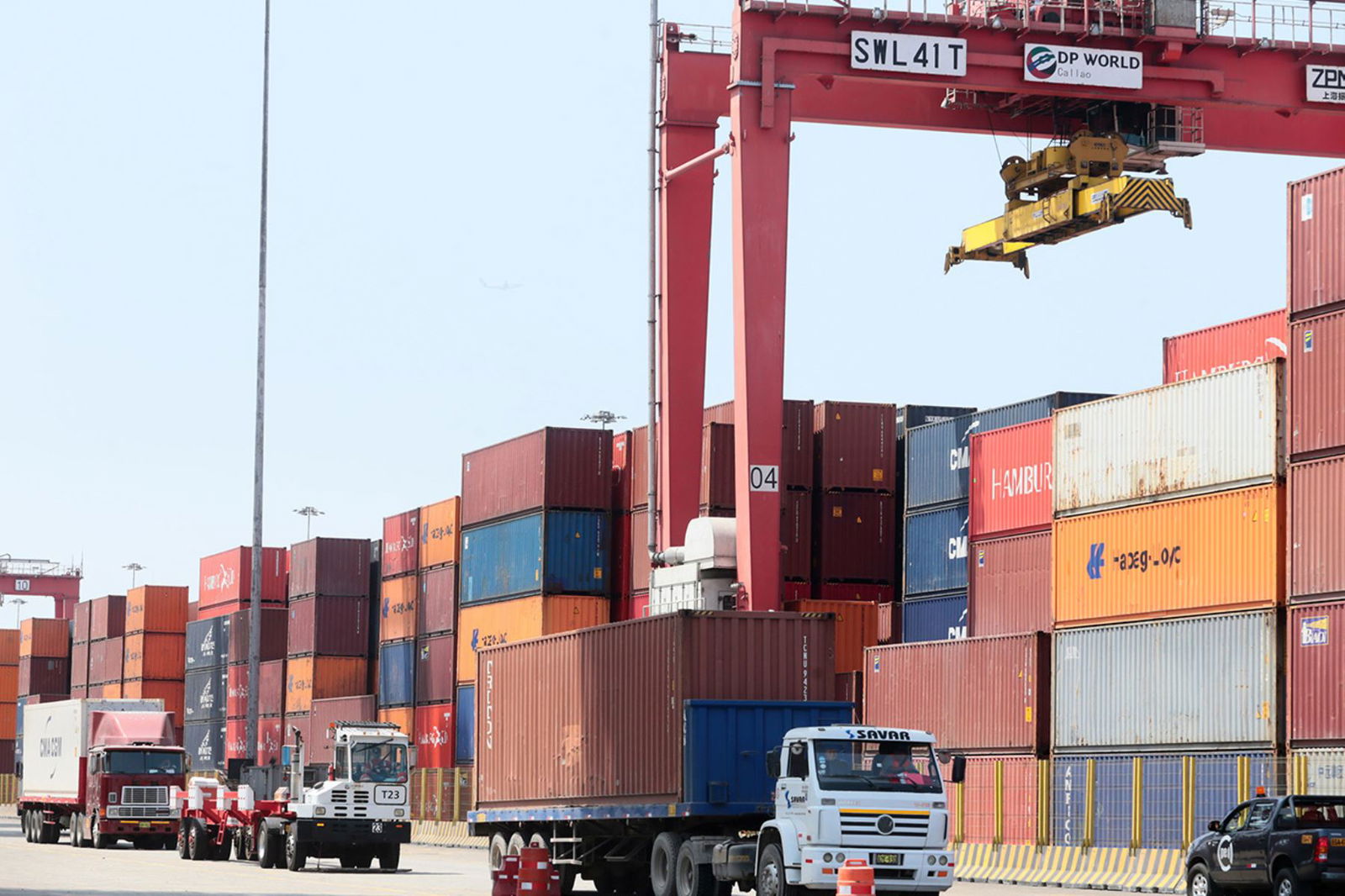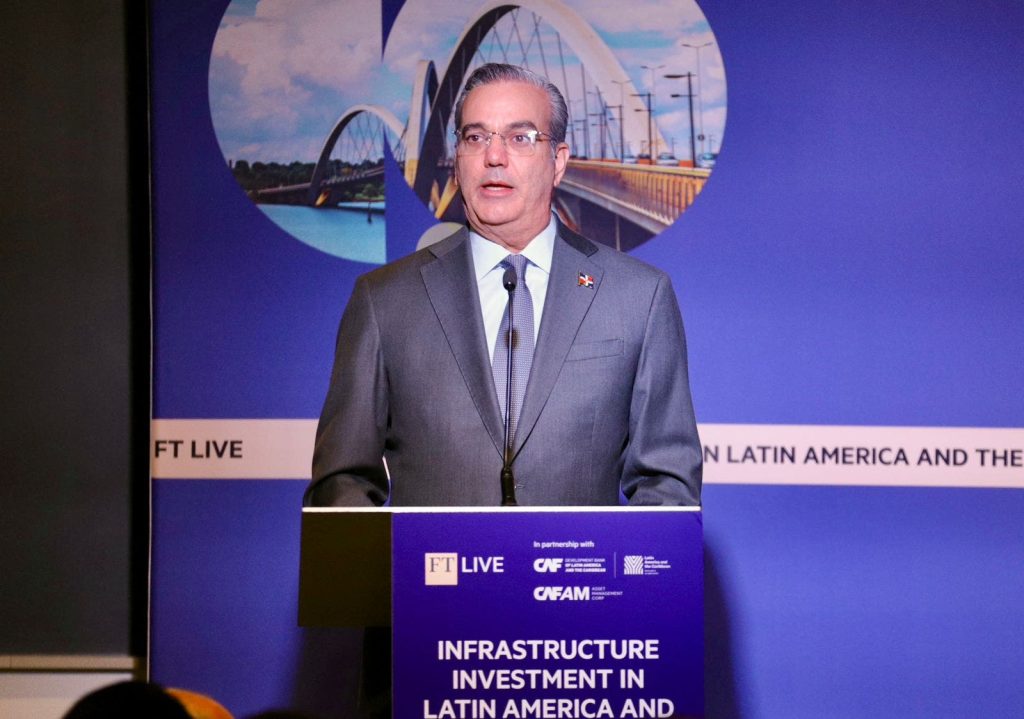Sumedh Deorukhkar and Alejandro Neut, BBVA Research
In August, stock markets have been in constant fluctuations, guided by metrics on economic activity, unemployment and prices that have served as a compass amid the uncertain cyclical process of disinflation.
LOOK: Minister of Energy and Mines and President of Petroperú summoned to Congress
However, there is another, even more uncertain process that the markets foresee, but for which they do not have clear metrics to guide them: a geopolitical tension that threatens the current international order.
This risk is especially worrying because deepens the traps of economic growth in which so many countries find themselves mired. Traps that affect nations at all stages of development, from the well-known poverty traps that affect most countries, to the middle-income traps that today threaten China and India, and the “Japanization” trap“which until not long ago was the greatest concern of advanced economies.
Over the past decades, only a few countries have managed to escape such traps, always driven by at least one of three catalysts: the discovery and effective management of new natural resources, as in Norway; technological diffusion, as in Taiwan and South Korea; and institutional improvement, as in Chile and Poland. And it is no coincidence that all of these catalysts have emerged under trade opening strategies.
Why is it not a coincidence?
While the first catalyst is largely a matter of luck, its monetization is made possible by access to global demand. Technological diffusion, on the other hand, has only advanced in those countries that have intelligently exposed themselves to international competition, forcing themselves to innovate in order to survive.
LOOK: Who is Desilú León, the new Minister of Foreign Trade?
In terms of institutional strength, a clear regulatory environment and strict enforcement of international standards have been critical to countering monopolistic interests, both public and private, and corruption, both of which are huge obstacles to effective innovation.
On the other hand, geopolitical tension that we live in today could end up blowing up these strategies that, according to a World Bank report, Since 1990, they have enabled 34 low- and middle-income economies to achieve high-income country status.
This is no small matter, as many countries are battling these traps. Nations such as Haiti, Malawi and Afghanistan face enormous challenges in breaking out of the poverty trap, which is characterised by a lack of investment in education and health, poor infrastructure and an unstable political environment.
The middle-income trap
The middle-income trap is a phenomenon that plagues many emerging economies that achieve rapid growth initially, but then stagnate with low levels of middle income and high levels of inequality.
This trap has historically been worrying in Latin America and, more recently, for China. As wages rise and the comparative advantage in cheap labor fades, there is a need to move towards a knowledge-based economy.
LOOK: GORE Ica will improve health and education services with digital transformation
However, without pressure from international markets, it is difficult to implement institutional improvements that challenge established firms, such as improving intellectual property rights and reducing state dependence or abuse of market power.
Finally, The trap of “Japanization”characterized by slow growth, protection from zombie companies, deflationary dynamics and an aging population, must always be on the radar of the structural policies of developed countries, including Europe and North America.
So, in a world where the geopolitical context As the crisis becomes increasingly complex and international distrust continues to grow, the future progress of all is at stake. What is not entirely clear is how this will affect different countries.
As we noted at the beginning, we lack the metrics needed to guide usso establishing them should be our first step in addressing this issue. Starting by understanding the institutionality, the next World Bank Business Ready Survey —a new version of the already popular Doing Business— promises to be a step in the right direction, by monitoring the business environment, regulations and the protection of property rights in various nations.
Improving these types of initiatives will not completely clear up the uncertainty, but it will at least allow navigate it more clearly.
RECOMMENDED VIDEO
















